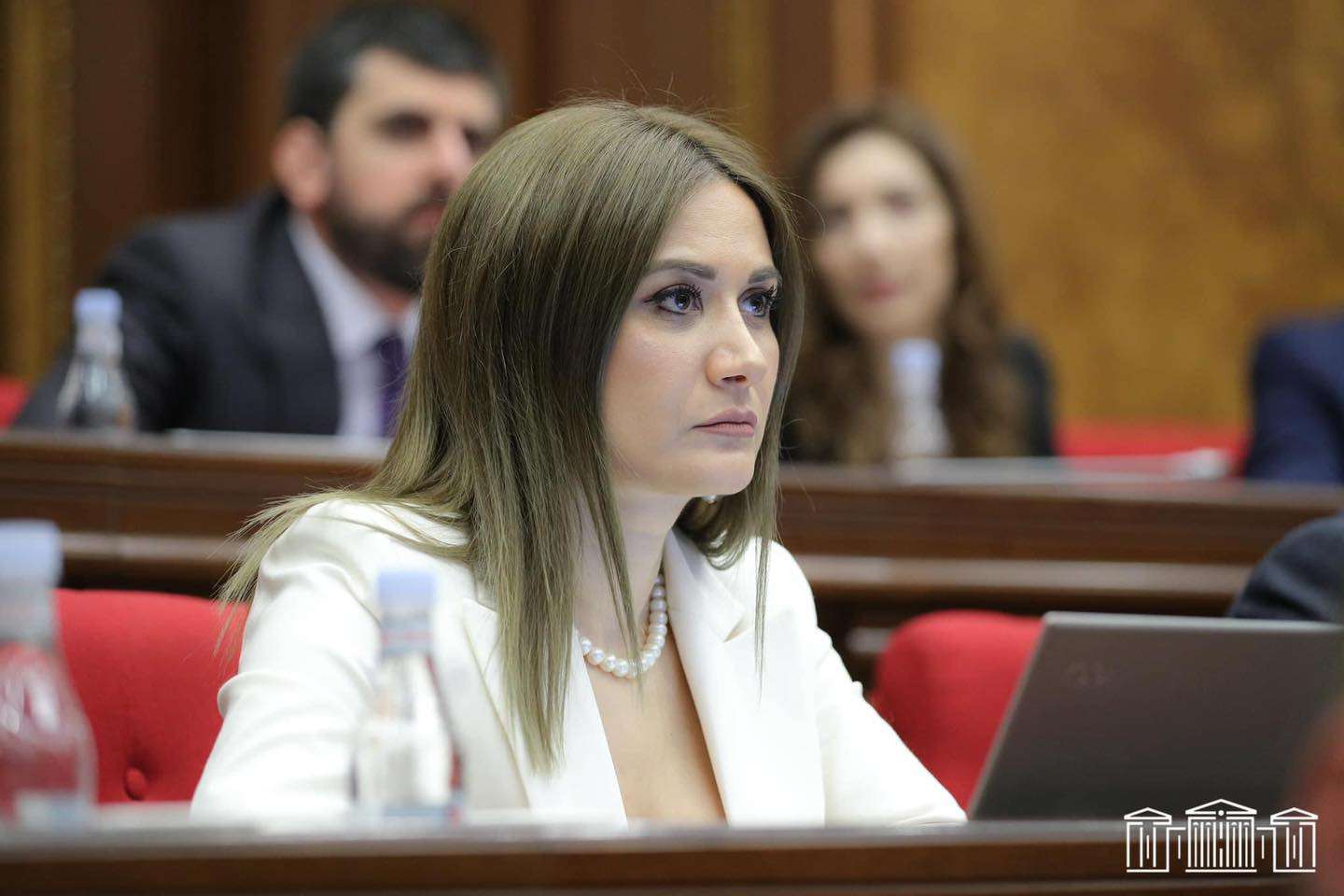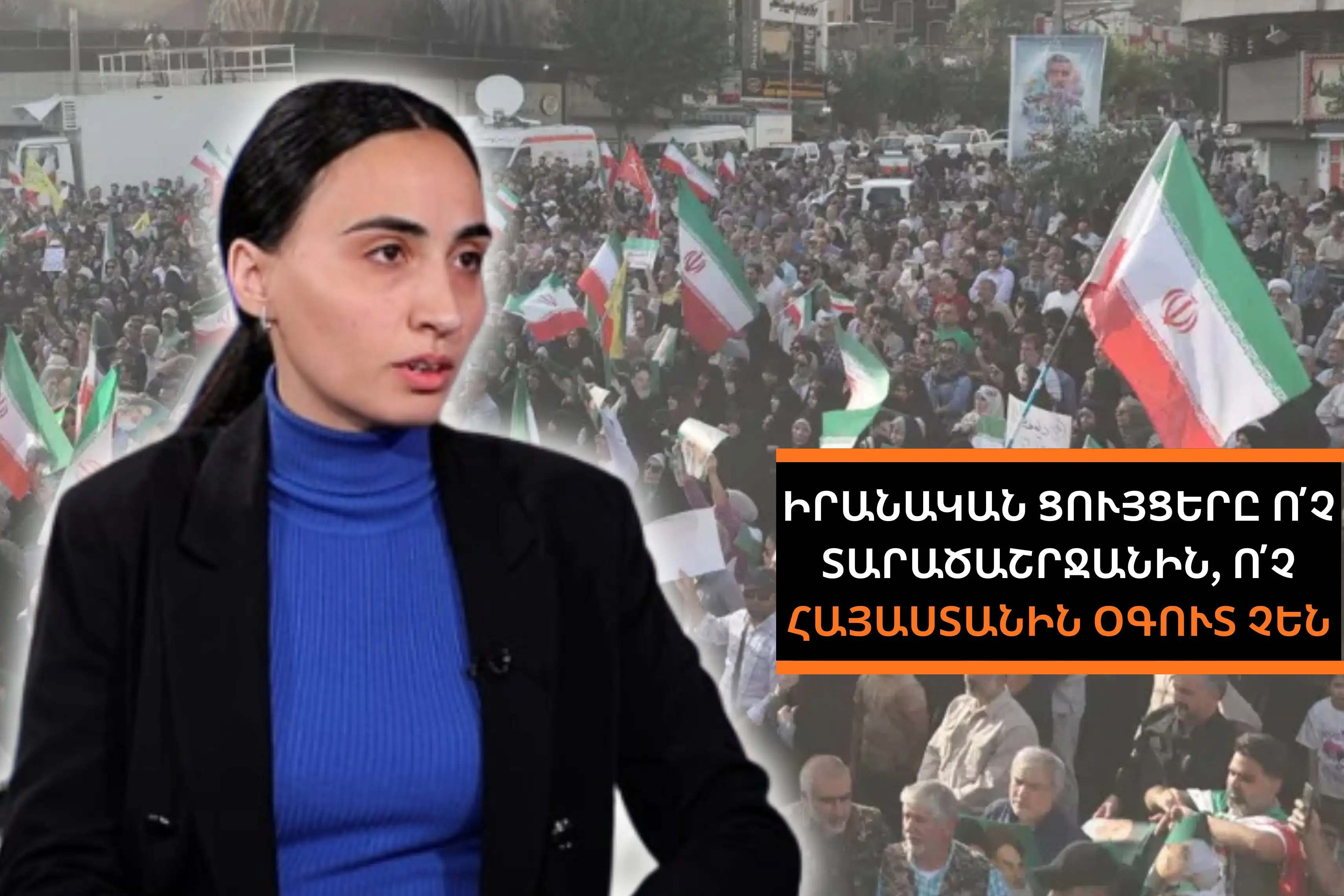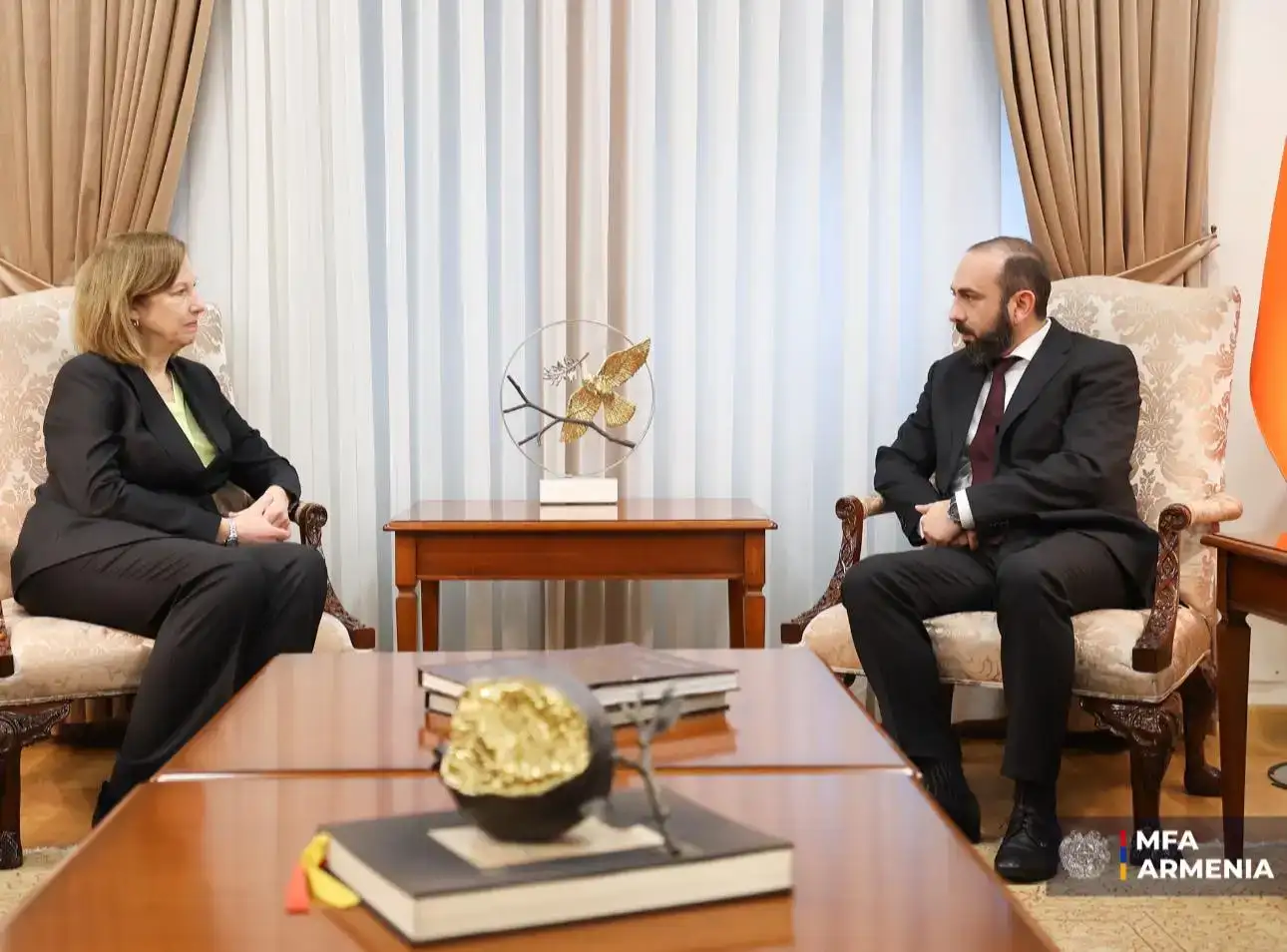The RA NA delegation in PACE is participating in the activities of the third part of the annual session of the Parliamentary Assembly of the Council of Europe in Strasbourg.
In his speech, Arusyak Julhakyan, a member of the RA NA delegation, said:
"Dear Colleagues,
Let me use this opportunity to inform you about the latest developments in the normalization of relations between Armenia and Azerbaijan.
On April 19, the state border demarcation commissions of Armenia and Azerbaijan reached an important agreement, according to which the demarcation process will be based on the 1991 Alma-Ata Declaration. Based on this agreement, the parties agreed on the boundary of separate parts of the northern part of the Armenian-Azerbaijani border to bring them into line with the inter-republican border with a legal basis that existed at the time of the collapse of the Soviet Union. According to this principle, more than 12 kilometers of borderline have been restricted, and the border services of both countries have been deployed in the agreed sections of the borderline.
Of course, this was a positive and stabilizing step in regulating relations. However, ten days later, the foreign ministers of Armenia and Azerbaijan met in the symbolic city of Alma-Ata to negotiate a peace agreement. Still, there was no significant progress, as Azerbaijan does not want to reflect the agreements already reached in the peace treaty. Moreover, Azerbaijan came up with new preconditions, stating that they would be ready to sign the peace treaty only when Armenia amends its Constitution, as they claim that its provisions contain territorial claims, which is untrue.
The Republic of Armenia recognizes the territorial integrity and inviolability of the borders of all its neighbors. Adhering to this principle, the Republic of Armenia has no ambitions beyond its internationally recognized territory of 29,743 square kilometers.
The Constitution of the Republic of Armenia and its amendments are the internal affairs of Armenia, and we consider official Baku's attempts to interfere in the internal Armenian discussions about it, which started in 2018, as a gross interference in the internal affairs of our country.
Such talk torpedoes the peace process and calls into question the sincerity of Azerbaijan's leadership in achieving peace.
In addition to the above, Azerbaijan has recently resumed regularly spreading disinformation that Armenia is violating the ceasefire regime. Azerbaijan behaves like this every time it prepares a new escalation.
On June 15, the Prime Minister of Armenia announced that the Armenian government would not allow tension to arise and offered Azerbaijan to create a bilateral mechanism to investigate cases of ceasefire violations. To date, no response to this proposal has been received from Azerbaijan.
Dear colleagues, Azerbaijan's practice of predicting regional escalations at every opportunity is worrying. It substantiates the analyses of several expert centers that Azerbaijan will do everything to abort the process of concluding a peace agreement with Armenia in order to launch a new aggression against the Republic of Armenia after the COP29 summit in Baku in November 2024.
I draw you and the international community's attention to this and the fact that official Yerevan's offer to conclude a peace agreement within a month has yet to be responsive by official Baku.
Thank you."




















